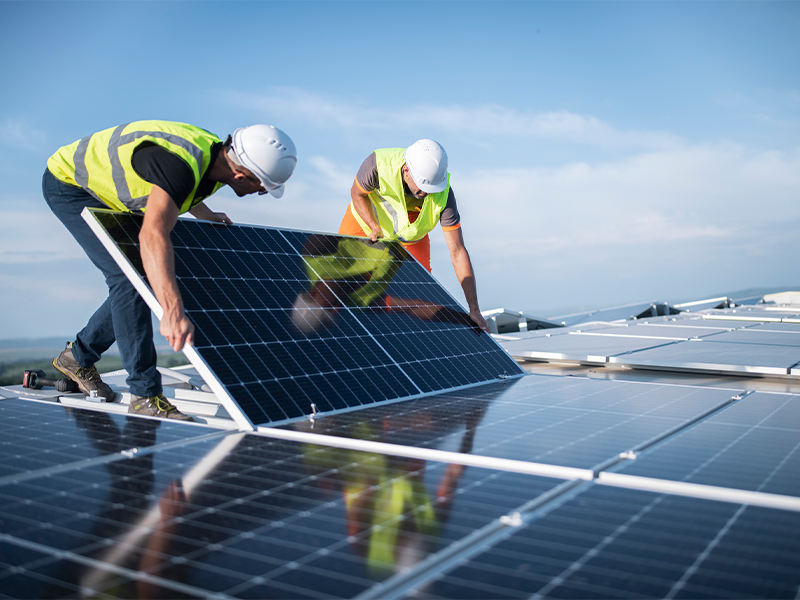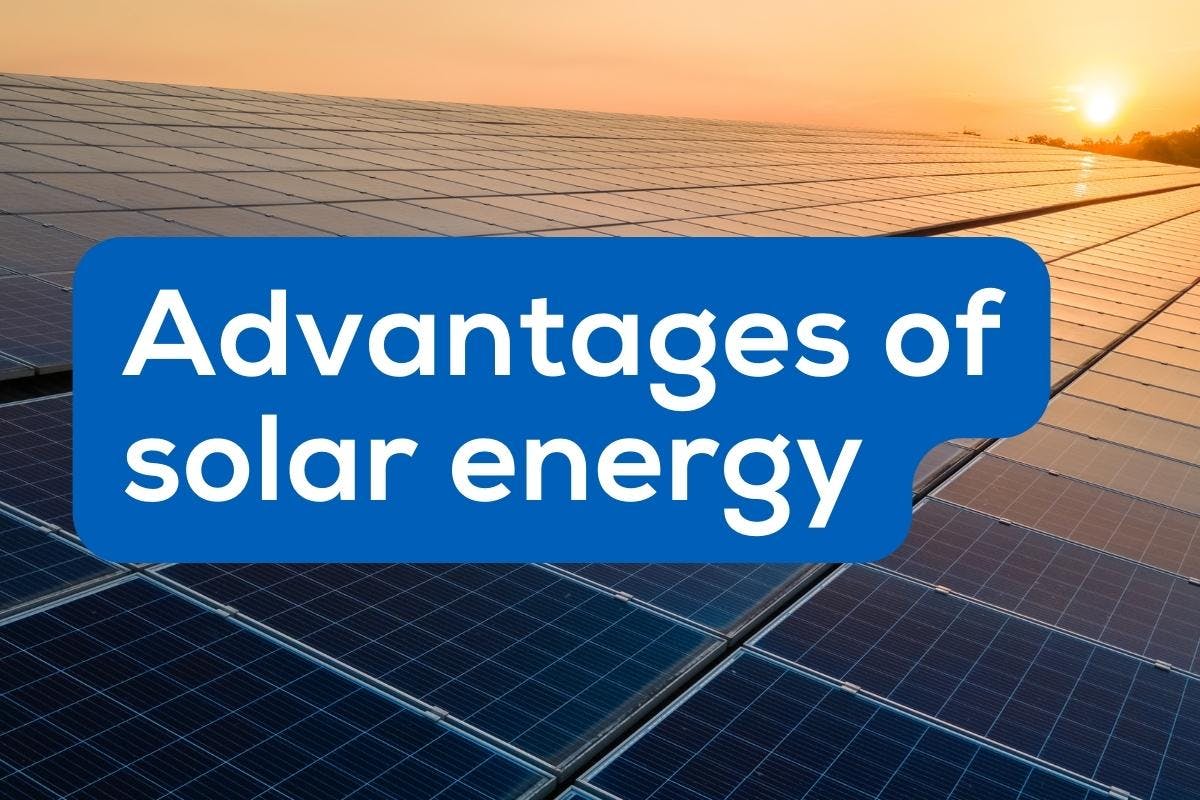Explore Simply Solar Illinois for Affordable Renewable Energy
Explore Simply Solar Illinois for Affordable Renewable Energy
Blog Article
Just How Solar Power Can Help You Save Money and Reduce Your Carbon Footprint
The combination of solar power into your energy profile offers an engaging possibility for both monetary cost savings and environmental stewardship. By utilizing the sunlight's energy, homeowners can considerably reduce their regular monthly energy costs while also guarding against the unpredictability of future power prices. The shift to solar contributes to a significant reduction in carbon emissions, straightening personal finance with more comprehensive environmental goals. As numerous government motivations appear, the inquiry develops: how can one properly navigate the initial financial investments and ongoing advantages of solar modern technology to make best use of both financial and environmental gains?
Comprehending Solar Energy Cost Savings
While the change to solar power commonly involves an initial investment, understanding solar power cost savings is essential for house owners and businesses alike. Solar energy systems can substantially reduce electricity costs by harnessing the sunlight's power, equating into considerable long-term financial advantages.
In addition, solar energy systems may qualify for various economic motivations, including tax credit scores and refunds, even more enhancing their cost-effectiveness. The availability of internet metering enables users to sell excess power back to the grid, producing an extra revenue stream. These factors add to the general cost savings related to solar power.

Along with direct monetary financial savings, solar energy offers the added benefit of increasing home value. Houses outfitted with photovoltaic panels are usually extra attractive to buyers, as they guarantee reduced energy prices - Simply Solar Illinois. Understanding these elements is crucial for any person taking into consideration solar power, as it highlights not simply the possible economic gains, however likewise the broader ecological and financial advantages of adopting renewable power options
Preliminary Costs vs. Long-Term Benefits
When reviewing solar energy, it is necessary to weigh the first expenses against the lasting advantages. The upfront financial investment for photovoltaic panels, installation, and relevant devices can be substantial, often varying from $15,000 to $30,000, depending upon the system size and home power needs. This first expenditure may prevent some property owners; however, it is critical to think about the potential financial savings over time.
As soon as set up, solar energy systems can considerably minimize or perhaps eliminate month-to-month electrical power costs, resulting in significant long-term economic benefits. Research studies show that property owners can conserve anywhere from $10,000 to $30,000 over the lifespan of their planetary system, typically 25 years. Furthermore, several states provide motivations, tax credit reports, and rebates that can balance out first costs, making solar a lot more accessible.

Reducing Your Carbon Impact
Reducing your carbon footprint is a critical factor to consider in today's environmentally mindful culture, and adopting solar energy is one of the most reliable strategies to accomplish this objective. Solar power is a tidy, renewable energy that substantially diminishes reliance on fossil gas, which are major contributors to greenhouse gas discharges.

Moreover, the widespread fostering of solar technology urges the development of eco-friendly jobs and sustains innovations in energy storage space and effectiveness. The even more individuals and organizations spend in solar power, the better the collective reduction in carbon exhausts, fostering a cleaner environment for future generations.
Government Rewards and Discounts
Adopting solar power not just profits the atmosphere yet can also result in substantial financial savings, specifically with the availability of government rewards and refunds. Numerous federal, state, and neighborhood programs are designed to motivate property owners and services to buy solar power systems, making the change much more budget friendly.
One of one of the most noticeable incentives is the Federal Investment Tax Debt (ITC), which allows solar system owners to deduct a considerable percent of the installment prices from their government tax obligations. This incentive has been pivotal in decreasing the in advance costs connected with solar power systems. In addition, several states supply their very own tax obligation credit histories, grants, and refunds that can even more improve savings.
Moreover, some neighborhood federal governments give real estate tax exceptions for solar setups, making sure that house owners do not deal with enhanced real estate tax as an outcome of their eco-friendly power investments. Energy business may also supply motivations, including net metering and feed-in tolls, which find out enable solar energy users to market excess power back to the grid.
Selecting the Right Solar System
Picking the proper solar system is crucial for maximizing power effectiveness and financial advantages. The decision depends upon a number of factors, consisting of energy demands, budget plan, and available area. Property owners need to begin by assessing their power consumption to establish the system size needed for ideal efficiency.
Next, take into consideration the different sorts of solar technologies readily available. Simply Solar Illinois. Photovoltaic (PV) panels are one of the most typical, transforming sunlight straight into electrical energy, while solar thermal systems focus on heating water. Each kind has unique benefits relying on specific demands
Budget factors to consider are additionally vital. Initial setup costs can vary dramatically, so it is very important to contrast quotes from multiple suppliers and explore financing choices. Federal government incentives and refunds can additionally lower the financial problem, making planetary systems more available.
Final Thought
In recap, solar energy presents a practical option for attaining substantial cost savings while at the same time lessening carbon exhausts. The first financial investment, though substantial, yields substantial long-term monetary benefits, with prospective cost savings ranging from $10,000 to $30,000 over 25 years. The environmental advantages of solar energy contribute to lasting techniques crucial for combating environment adjustment. Federal government motivations improve the expediency of solar innovation adoption, encouraging a change in the direction of a cleaner, a lot more go to website financially effective energy source.
Report this page